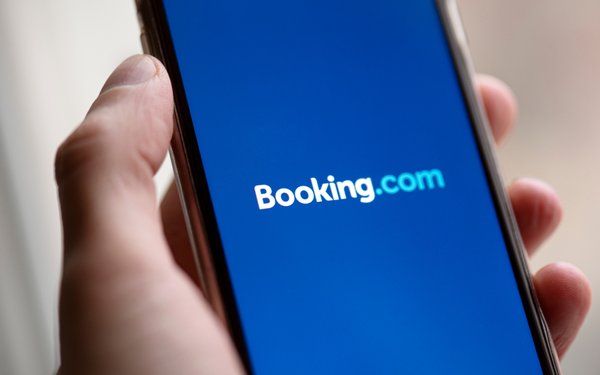In a bid to regulate the digital landscape, Indonesia has enacted a regulation requiring digital platforms to obtain licenses to operate in the country. This move, implemented in November 2020, aims to ensure that online entities comply with government standards, including granting access to user data and promptly removing objectionable content upon request.
The Indonesian Ministry of Communication and Information recently sent warning letters to six prominent online travel agencies, urging them to register as ‘Private Scope Electronic System Operators (PSE),’ thereby classifying them as internet businesses. The companies, including big names like Airbnb, Booking, Agoda, Trivago, Klook, and Expedia, were given until the end of March to complete their registrations. While Airbnb and Agoda have already complied, others are expected to follow suit soon.
Initially, digital platforms faced no immediate requirement to register. However, the government’s stance shifted when it blocked several sites, including PayPal and certain gaming websites, for non-compliance. The ban on PayPal was lifted in August 2022, highlighting the government’s commitment to enforcing its regulations.
Despite the strict tone of the warning letters, a government official clarified that the objective was not to threaten the companies but rather to encourage compliance. Usman Kansong, director-general at the Ministry of Communication and Information, emphasized that the government is willing to work with platforms that show a genuine commitment to registering.
To assist companies in the registration process, the government has established resources and communication channels. Kansong highlighted the government’s approach, stating, “If they have good commitment, good intentions, of course, we must also open up. Because they are committed to registering, if by the end of this month they have not registered, then we will block them.”
As the deadline approaches, the government plans to remind the companies about the registration requirement. Kansong emphasized that this approach is aimed at finding a solution rather than punishing the companies. He stated, “This is we are looking for a way out, not punishment. At least we have another reminder. If not, of course, we will block it.”
Overall, Indonesia’s move to regulate digital platforms reflects its efforts to create a fair and transparent online environment, ensuring that companies operating in the country comply with local laws and regulations.
(Source: Skift | The Jakarta Post)









